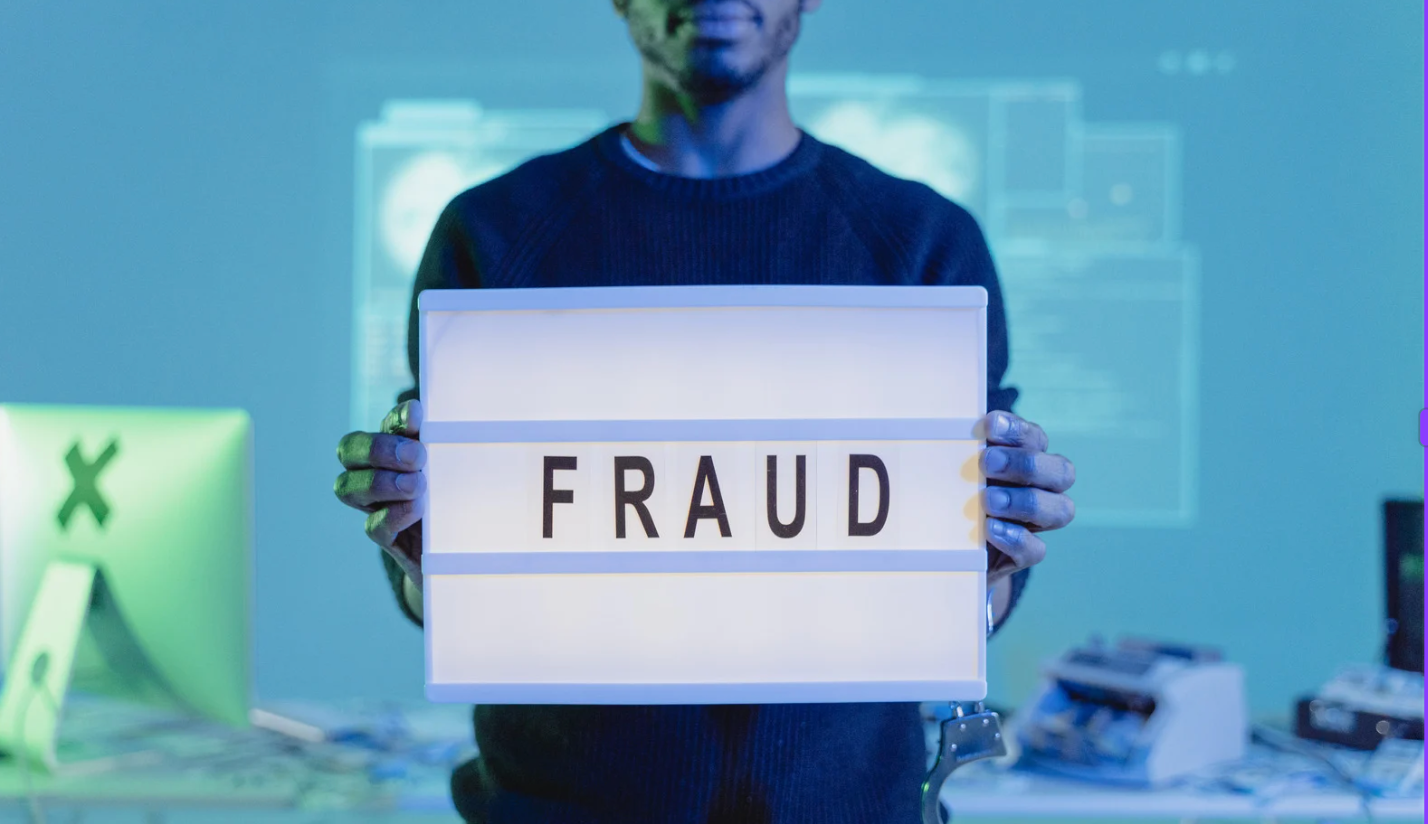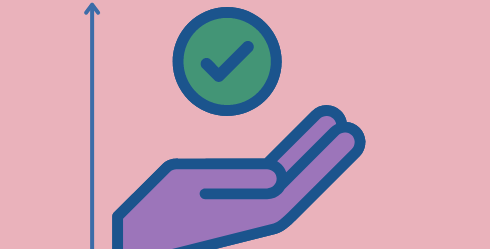Have you received an email that appears to come from Service@PayPal which says you have successfully placed an order from the Apple Store using your PayPal account and have an Invoice from Exceed in Coding, LLC? Beware, It’s a phishing scam.
What makes the Exceed In Coding LLC PayPal Invoice Email a Scam?
- The telephone number in the email which recipients are told to contact immediately is NOT the PayPal Billing Team number.
- The notification and Transaction ID does not appear when recipients check their PayPal account on Paypal.com
- The email contains grammatical errors
- The email address in the ‘From’ section is not the official Paypal email address [email protected] or [email protected]

How Does The PayPal Invoice Scam Works?
The scam is a phishing attempt to make victims pay for service/product never ordered, and also give up their Paypal account, credit card or bank information. The scam work these ways;
- The invoice contains a fake Paypal customer service number which victims are directed to call. Upon calling the number, a scammer would fool them into paying the invoice or giving up personally identifiable information (PII), including financial data, such as PayPal account, credit card, or bank information.
- In some cases, the criminals ask victims to install software they claim will help with the recovery process. Instead, this software records the victim’s keystrokes or gives the criminals remote access to the victim’s computer.
- The fake Paypal Invoice may contain a spoofed URL which looks like paypal.com but is actually paypaI.com (capital ‘I’ in the end of PayPal instead of small letter L). Clicking on it takes the victims to a malicious website which would request for their Paypal account details. Then the scammers would use the account details provided to carry fraud attempt on the account.
Also, mere clicking on the link could expose your mobile device to viruses, spywares, or malware. This is because the website could’ve a malware program running in the background. Malware is software that is installed on a computer without the user’s consent and that performs malicious actions, such as stealing passwords or money. Malware can be installed in a variety of ways, including through email attachments, drive-by downloads, or by clicking on links in malicious websites.
What to do If You Received Exceed in Coding LLC Scam Email
View Your Recent Activity
The first thing you should do is to login to your PayPal account on PayPal.com and view your recent activity. If there’s no notification about the money request, very if the transaction ID on the email matches that of any ID on your transactions.
Report
Send an email to [email protected] with a screenshot of the scam email as an attachment. This can help them warn other customers and stop future scams.
Delete
Deleting the scam email will prevent you from mistakenly responding
Block
The final step you should take is blocking the email address that sent the scam email. You can do this by adding the email address in your phone’s spam list.
Solutions for Victims Who Fell for the PayPal Invoice Scam
If you unluckily fell for the scam and provided your PayPal account details, take the following steps;
- Immediately login to your PayPal account and change your PayPal password, security questions. Also enable two-factor authentication.
- Dial 1-888-221-1161 (PayPal customer service line) to report the fraud attempt.
- If you provided your debit/credit card details during the fraudulent call, Contact your bank and request new card numbers. This will prevent additional fraudulent charges.
- Monitor your accounts closely for fraudulent activity. You should also sign up for PayPal transaction alerts. This would enable you monitor your account in real-time. You’ll be notified anytime money moves.
See similar trending PayPal Scam – Tamiya Inc PayPal Invoice Scam
